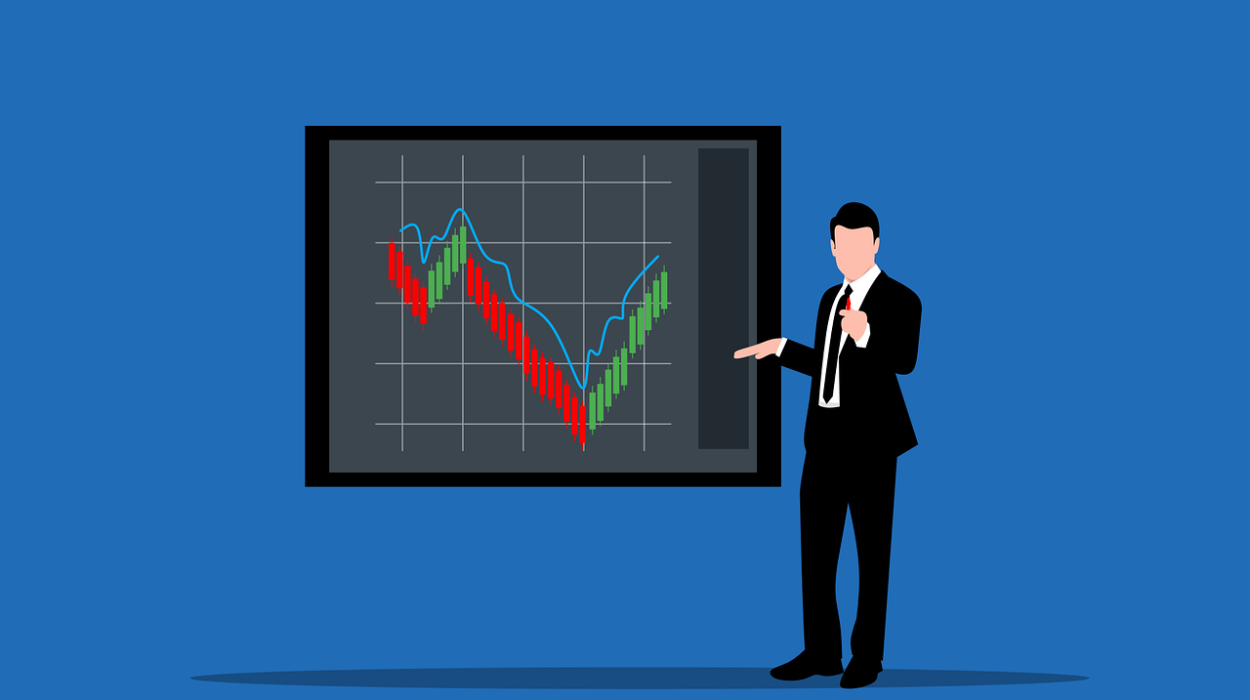Social trading has become a well-liked way to enter the financial markets because it enables you to copy the trades of profitable investors and connect with other traders. Traders in stocks, currencies, and commodities have long kept their tactics and concepts to themselves. But there are now more ways to make money thanks to the general availability of this data on specialist platforms. Visit multibank group
What is Involved in Social Trading?
Social trading in forex allows traders to chat, monitor trades, and learn about decision-making. Social trading allows beginners and experts to share methods and imitate one other’s trades by providing instant access to financial markets. New technology and platforms make social trading easier than ever. Use a full social trading platform or pick and choose.
A fully integrated social trading platform allows traders to duplicate or mirror trading techniques. A social trader might “subscribe” to another trader’s channel, whose positions would be shown on a live feed, and imitate their deals. If trader A makes a trade, trader B will also.
Social trading networks usually contain a leader board based on popularity and success rate, so skilled traders are rewarded with money and prestige for sharing their techniques. Using signals and indicators, traders can apply social trading ideas while maintaining control. Social trading in forex can confirm other studies by examining market sentiment and trader behaviour.
Social Trading Boosts Trust in Word-of-Mouth Marketing
Although many investors favour tried-and-true investment methods, social trading is creating ripples in the fund management industry, especially among younger consumers. New, objective methods of reporting performance based on data from the platforms’ underlying technologies have emerged, clarifying the relationship between investment costs and returns. Since many online forums do not grade their member’s, specialized platforms have been developed to highlight traders’ performance and let users mimic their actions.
Consumers immediately recognize a key advantage of social trading: “The people you are imitating are investing their own money in the plan.” This contrasts with typical fund managers, who may or may not be putting their own money into the same funds they are recommending to their clients. It’s also important to note the force that has been the need for recommendations in various spheres of our existence.
If you’re looking for somewhere to eat, it’s always a good idea to get a recommendation from someone you trust. In the same vein, if you want to see improved results from your gym sessions, you might look for a highly regarded personal trainer. With the advent of social trading tools, the advice and ratings that have become second nature in other areas of life are now at our disposal when making financial decisions.
The Disadvantages of Social Trading
On major social trading platforms, users have unprecedented access to the market and the opportunity to profit with minimal investment of time and resources. Those who get it to the level of experienced trader can also make money by being copied. Of course, there are also some major drawbacks that should be considered. One serious issue is that people often put their own money into investments recommended by someone who is not an expert in the field.
Some investors, especially those dealing in foreign currency, may be tempted to use excessive leverage to increase the returns on their assets. Gains achieved with the help of a loan might be greatly magnified, but loan losses can be magnified as well. In addition, the investment value could fall regardless of how knowledgeable the original creators were. According to a survey conducted by a forex social trading website, 67% of traders have experienced a loss of capital.
Given this, it is recommended that novice traders start small, carefully select their level of risk and leverage, and take use of the option to copy multiple traders to spread out their potential losses. One important goal is to equip people with the knowledge they need to make sound financial choices. Before starting to utilize the service, retail investors should at least be conversant with the fundamentals, such as portfolio diversification.
Giving Investors Useful Information
Social trading’s potential benefits for ordinary investors are evident after a thorough examination of the market’s advantages and disadvantages. However, they aren’t the only ones who will benefit from this. As part of the massive amounts of data that banks and funds routinely sift through, experts are giving us a glimpse into the psyche of the forex market, fluctuations in momentum, and indicators of where the action may be headed.
There is already a high level of complexity in this area, with investment firms using satellite photos of shopping malls and mining massive amounts of online comments on customer happiness surrounding products as examples. Many people today rely on sophisticated analytics to discover previously unseen connections and trends.
The French financial technology company is one of the companies making this feasible because of how quickly and accurately it can analyse and synthesize alternative data points from over two million online social posts, news items, articles, photographs, and videos. To better comprehend market sentiment, hedge funds, investment banks, and asset managers leverage machine learning and natural language processing technologies.
Setting Up a Social Platform
Some major businesses are considering launching their own social trading platforms to attract and keep clients. There are many companies who provides social trading and robo-advisory platforms for mobile and desktop to financial institutions such as banks, brokerages, and fund managers. They then offer them to customers with investment portfolios ranging in size from as little as ten pounds to hundreds of millions of dollars.
Banks and other financial institutions may gain a lot by providing mobile access to trading methods for a wide variety of instruments, with the security of publicly quantified risk management and robust investor communities. Fund managers need to minimize the cost of attracting and maintaining customers and they are looking to boost customers’ lifetime value. A mobile app, robust user interaction, and the opportunity to readily participate in professionals’ initiatives all contribute to social trading platforms’ ability to attract and retain users at a lower cost.
Users of social trading platforms, in whatever shape they may take, typically want to increase their wealth by mimicking the actions of more successful traders. Some people will make a lot of money, but others won’t be able to recover from their losses if they don’t learn to deal with risk. Millions of new social traders will force professional fund managers to invest in greater data analysis so they can anticipate fluctuations in market sentiment.

